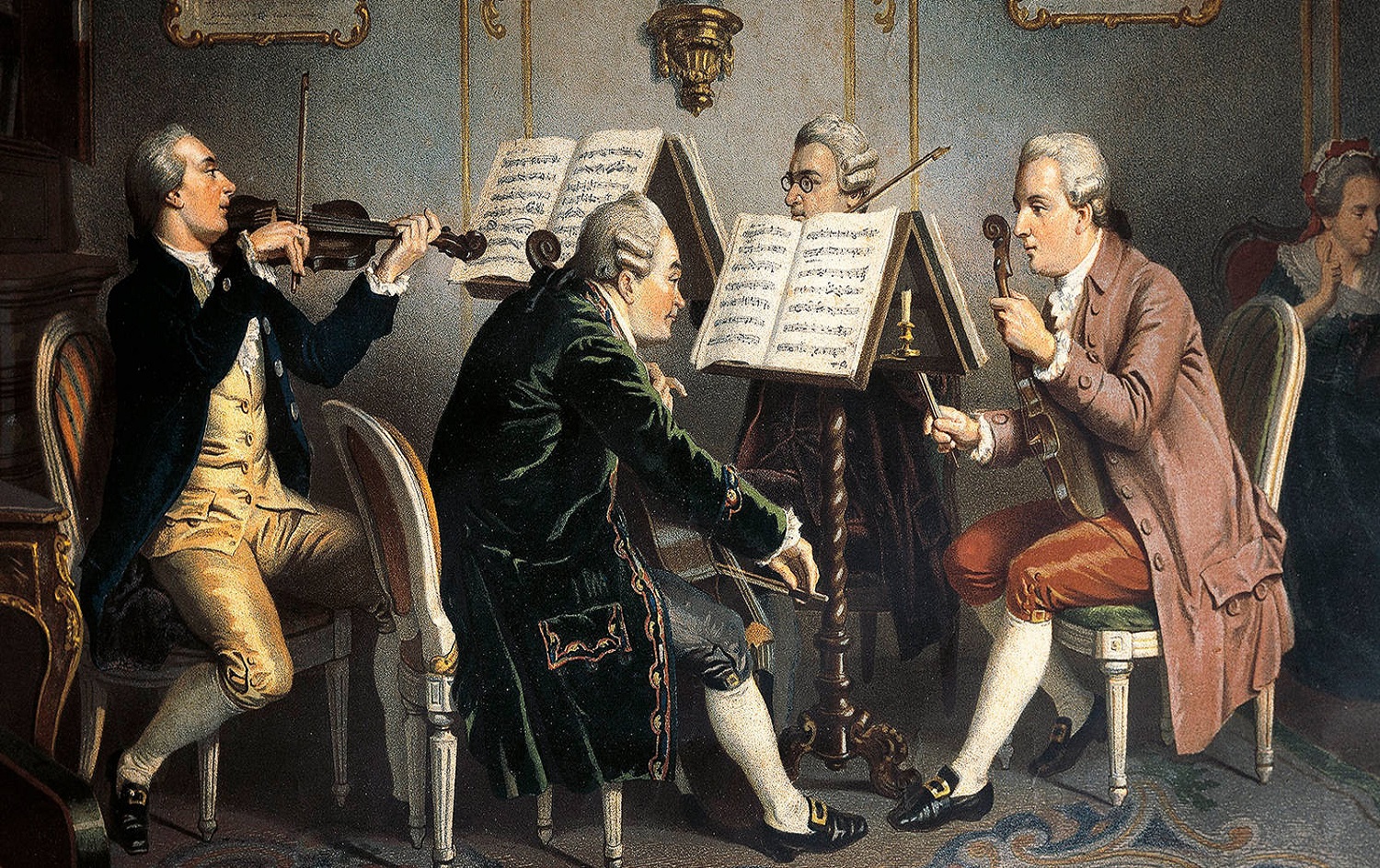
The History of Classical Music
Classical music, a genre rooted in the traditions of Western culture, spans a broad period from the Middle Ages to the present day. Its history[…]
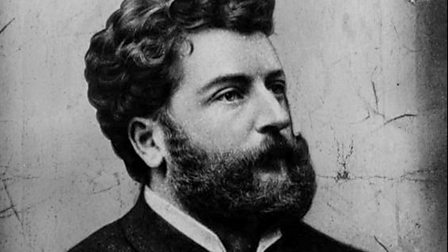
10 Fascinating Facts about Georges Bizet
Georges Bizet, born Alexandre César Léopold Bizet on October 25, 1838, in Paris, France, was a prominent French composer of the Romantic era. His music,[…]
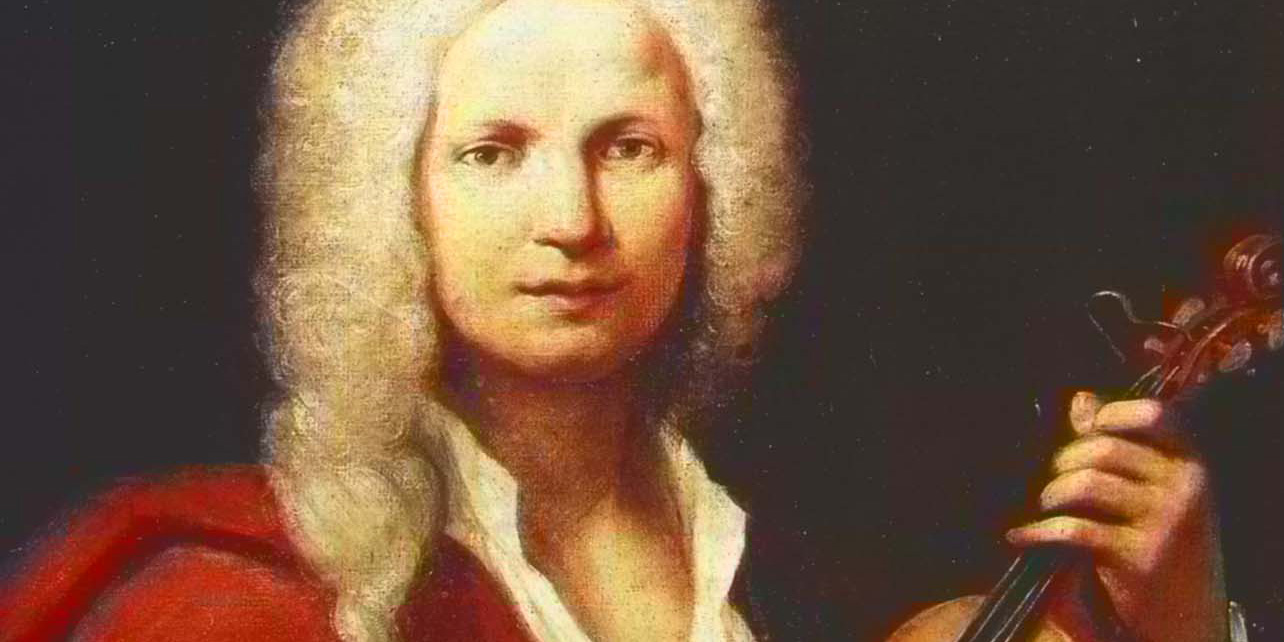
10 Fascinating Facts about Antonio Vivaldi
Antonio Vivaldi, an Italian Baroque composer, is one of the most influential figures in the history of music. Known for his vibrant and expressive compositions,[…]
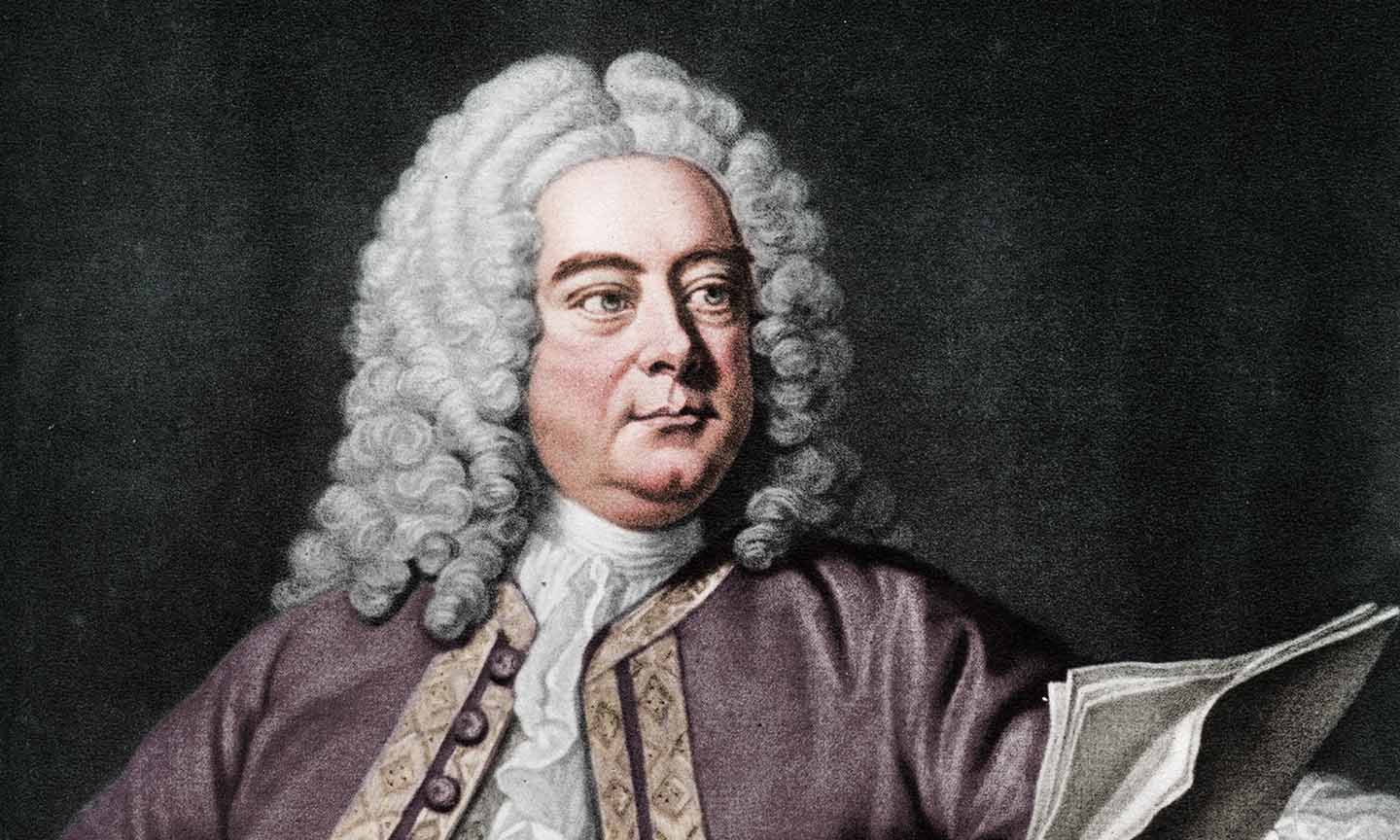
Georg Friedrich Händel – Biography and History
Georg Friedrich Händel, known in English as George Frideric Handel, was a prolific and influential Baroque composer whose works have had a lasting impact on[…]
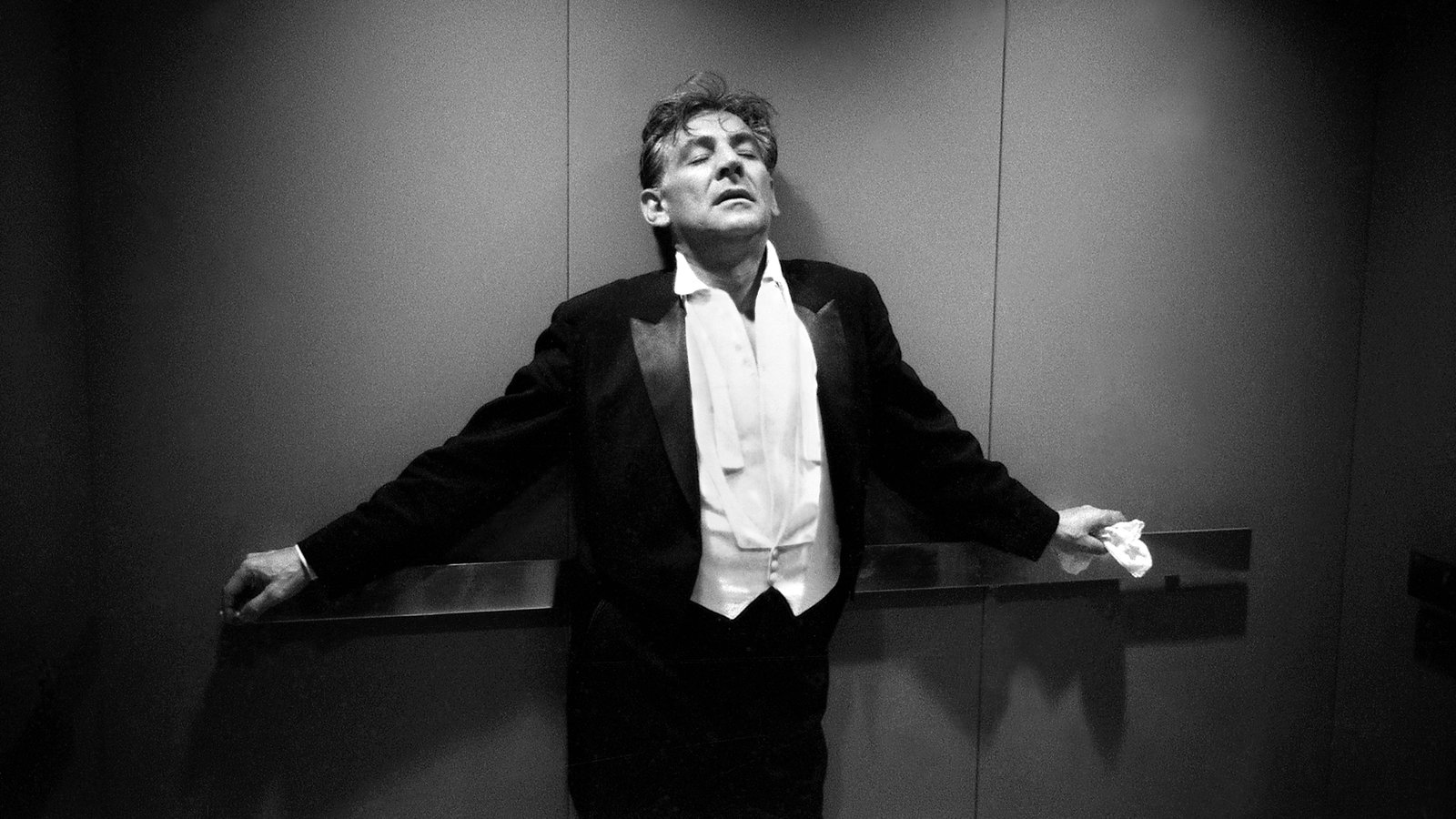
Leonard Bernstein – Biography and History
Leonard Bernstein, an icon of 20th-century classical music, was born on August 25, 1918, in Lawrence, Massachusetts, USA. His birth name was Louis Bernstein, but[…]
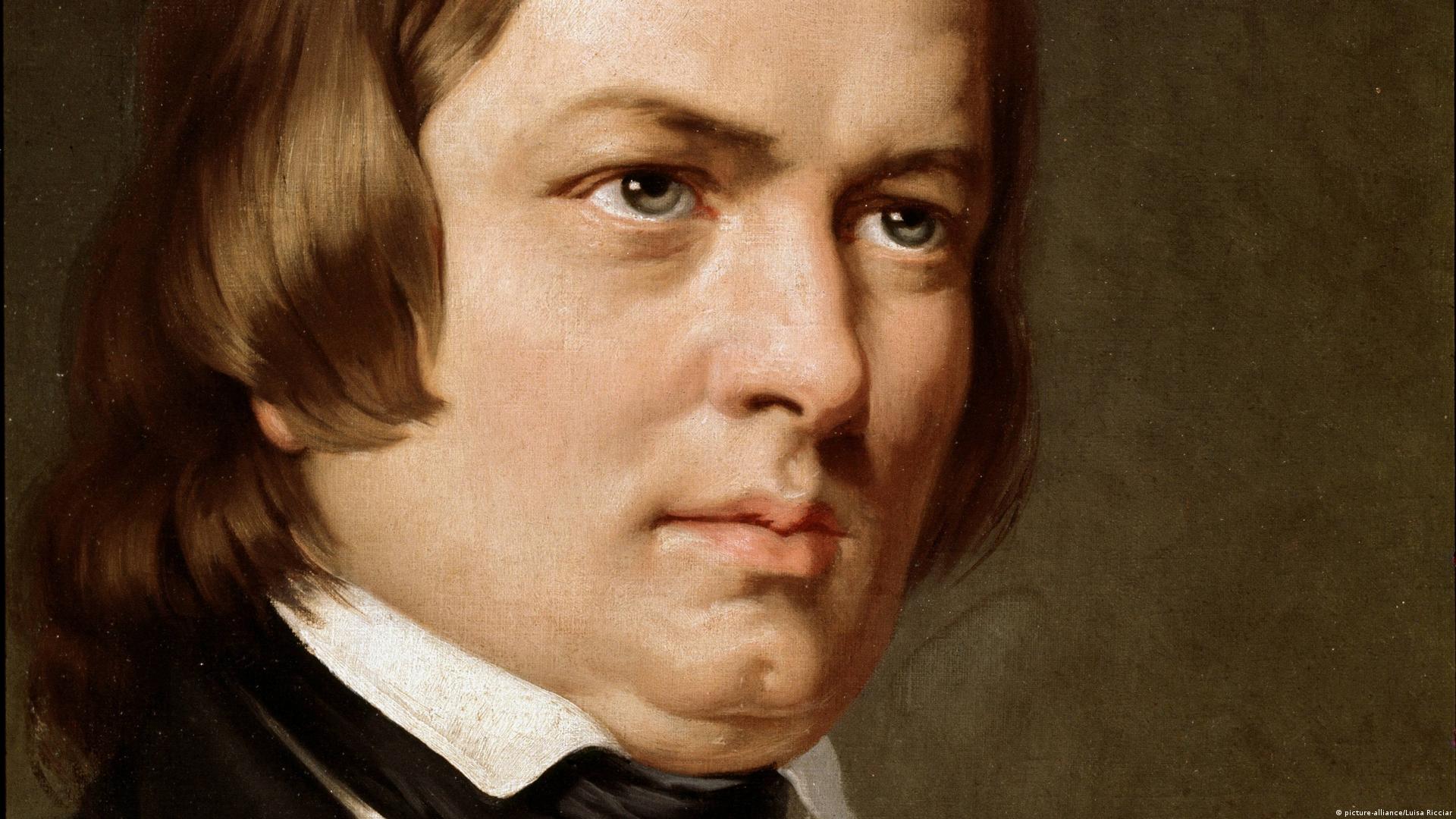
Robert Schumann – Biography and History
Robert Schumann was born on June 8, 1810, in Zwickau, Saxony, which was then part of the Kingdom of Saxony. He was the youngest of[…]
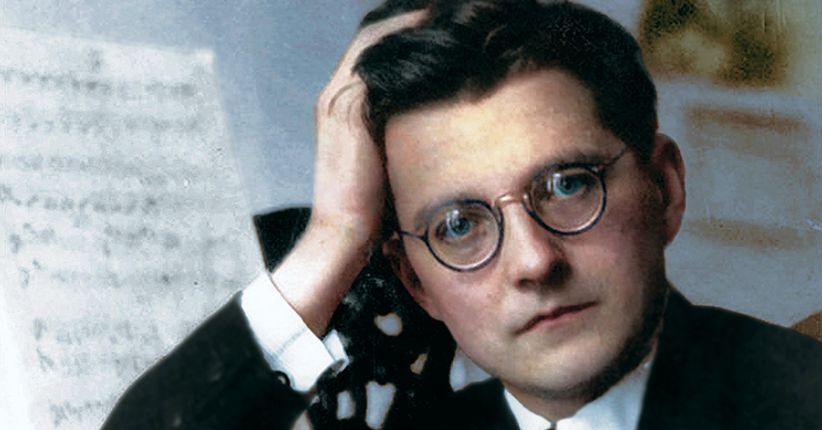
Dmitri Shostakovich – Biography and History
Dmitri Dmitriyevich Shostakovich was born on September 25, 1906, in Saint Petersburg, Russia. His family was musically inclined; his mother, Sofia Vasilyevna Kokoulina, was a[…]

Georges Bizet – Biography and History
Georges Bizet, born Alexandre-César-Léopold Bizet on October 25, 1838, in Paris, France, was a French composer of the Romantic era, best known for his opera[…]

Franz Liszt – Biography and History
Franz Liszt, one of the most renowned composers and virtuoso pianists of the 19th century, was born on October 22, 1811, in the village of[…]
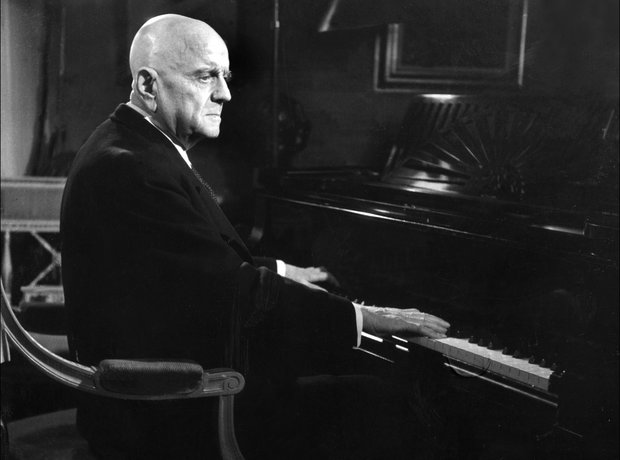
10 Fascinating Facts about Jean Sibelius
Jean Sibelius was a towering figure in the realm of classical music, celebrated for his evocative symphonies, tone poems, and chamber music. Born Johan Julius[…]